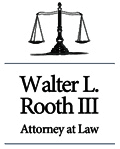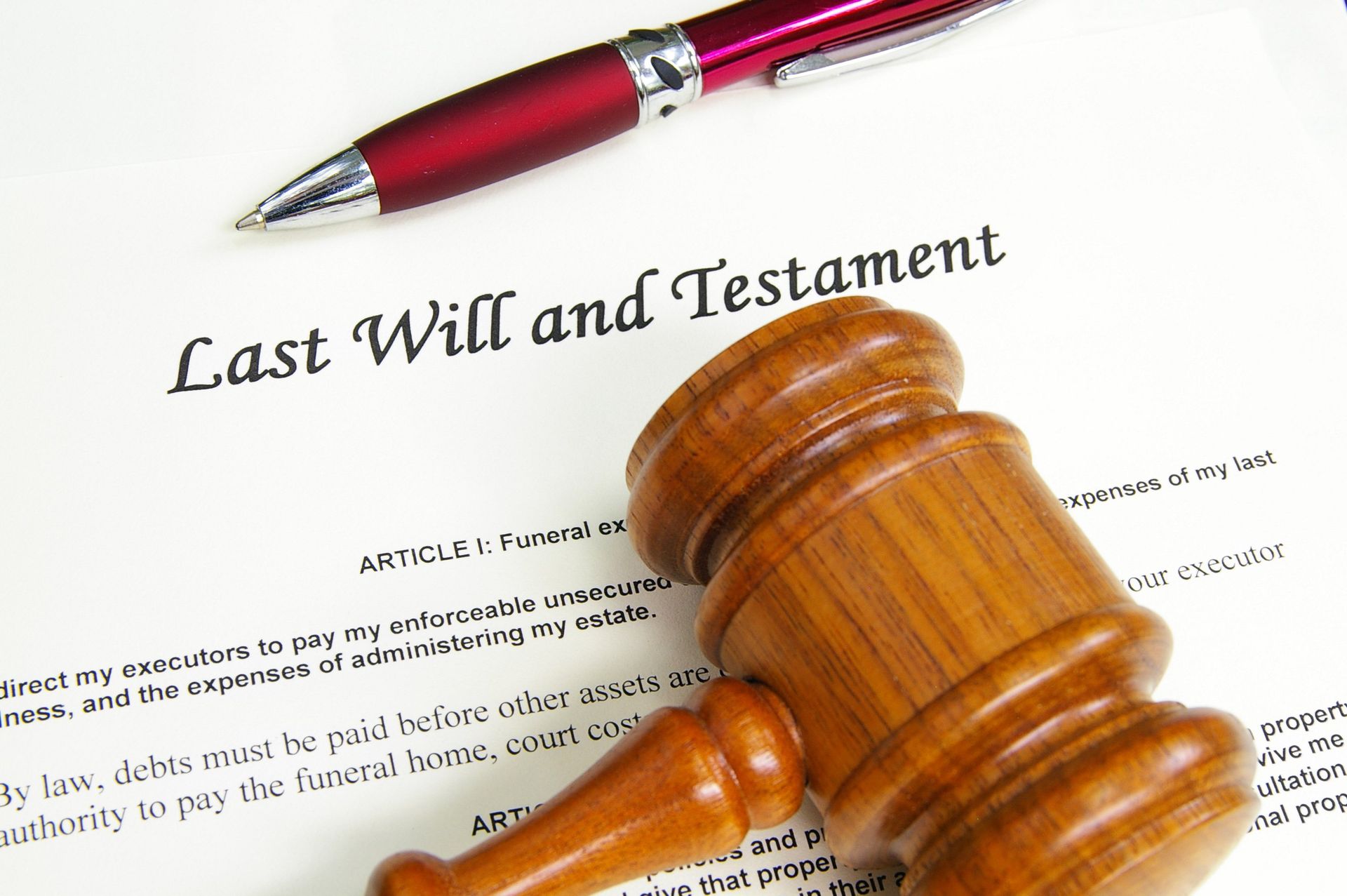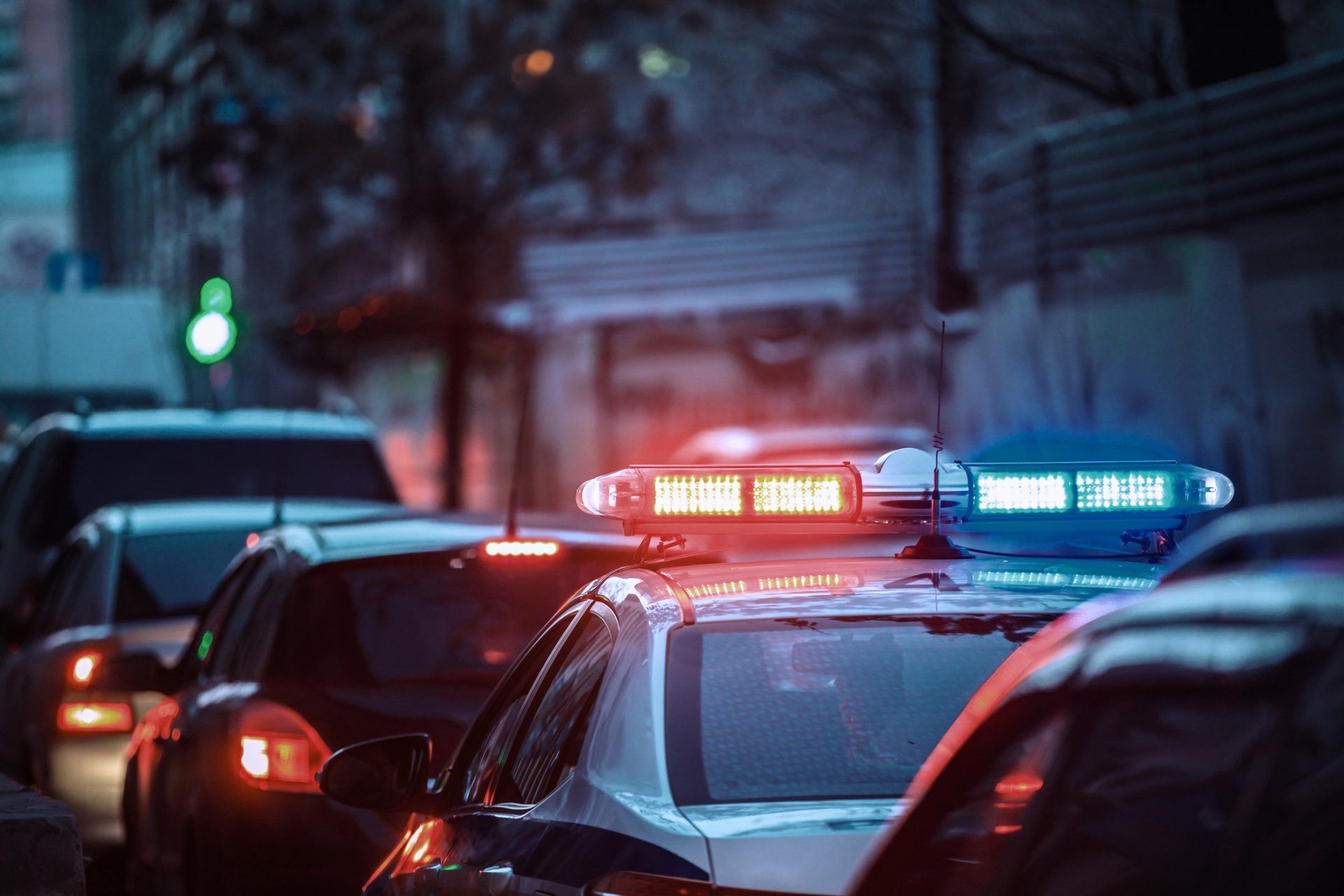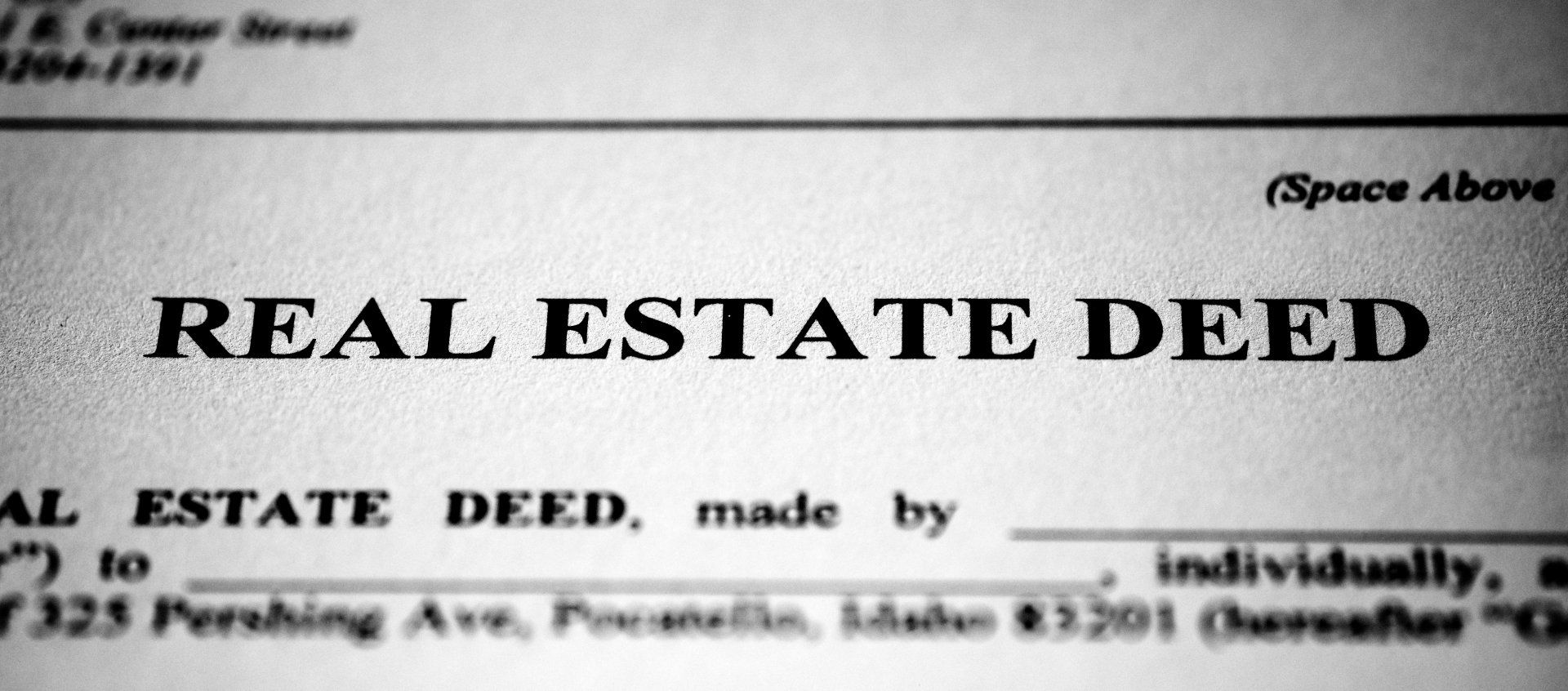Are Handwritten Wills Legal in New York State?
A will is an important estate planning document that specifies the manner in which your assets will be distributed after your death. It also appoints an executor, who will be the person responsible for managing your estate and distributing your assets according to your wishes. A will makes provisions for your children, pets, property, any savings or retirement accounts, insurance policies, and more. Naturally, it's incredibly important to have a will - and to make sure yours is legally valid in your state. In New York, there are specific requirements that dictate whether a will is valid or not.
While most wills in New York State are typed, witnessed, and signed through the proper channels, there are circumstances through which handwritten wills can be considered valid. These circumstances are extremely specific; if you want to ensure that your handwritten will is legally sufficient, it's best to consult an experienced will attorney who specializes in such matters.
What are New York's Requirements for a Valid Will?
In New York, there are specific requirements that must be followed for a will to be considered valid and admitted to probate. In most cases, the will must be signed at the end by the testator (the person who wrote the will), or by another approved person at the testator's direction. There must also be two witnesses who sign the will; they either need to be present when the testator signs, or the testator must acknowledge to each of them that he or she did sign the will. If these requirements are not followed, the Surrogate's Court judge might refuse to admit the will to probate.
What is a Holographic Will?
A holographic will is a will that has been entirely handwritten by the testator and was not signed by any witnesses. This type of will can be considered legally valid in New York, but only under very specific circumstances. If you are an average citizen and decide to jot down your last wishes on a piece of paper, this will not be considered a legal will. The purpose of New York's requirements that two witnesses observe a testator sign is to reduce the possibility of fraudulent wills being admitted to probate. Holographic wills pose a potential problem of proof, because nobody has witnessed the drafting or signing of the will.
So when is a holographic will considered valid?
In New York, holographic wills are only considered valid if you are an active duty member of the United States armed forces or if you are accompanying a member of the armed forces during a time of conflict. A holographic will becomes invalid one year after the testator ceases serving with the armed forces, so if you have handwritten a will and it has been more than a year since you left service, it's important to visit a will attorney immediately to draft a new one.
What Happens if You Die Without a Valid Will in New York?
A handwritten will is a unique type of will that can only be considered valid in very specific circumstances. In all other instances, a handwritten will not be considered valid or sent to probate. If this happens, your estate will be treated as though you died without leaving a will. It will be distributed among your surviving family according to the guidelines set down by the state; if you have no surviving family or relatives, your estate will end up in the hands of the state of New York.
If you want your estate to be distributed according to your wishes, it's important to make sure you have a legally valid will. An experienced wills attorney can help you determine whether your handwritten will is legally binding; if it is not, then there is no better time to draft a valid one. Walter L. Rooth III Attorney provides experienced advice to Orchard Park, West Seneca, Hamburg, and the surrounding areas of Western New York. We know that the wills and estates process can be difficult, so we will be there to assist you every step of the way. Contact us if you would like to begin the process of making your estate plans!










